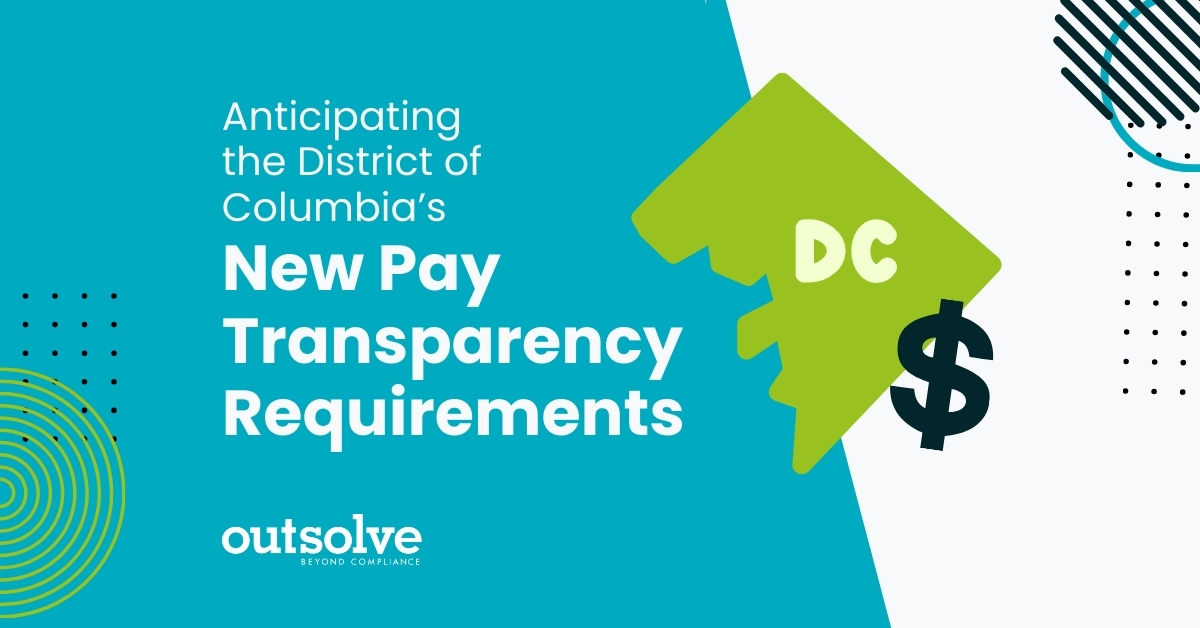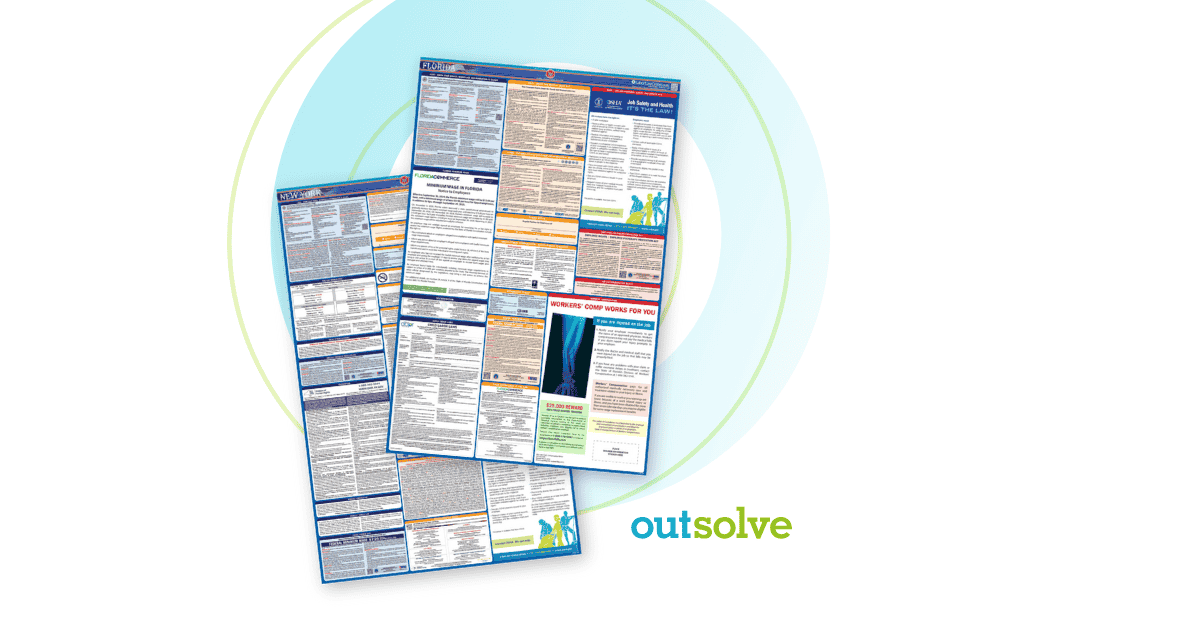1 min read
Anticipating the District of Columbia’s New Pay Transparency Requirements
 Debra Milstein Gardner
:
Jan 25, 2024 10:45:00 AM
Debra Milstein Gardner
:
Jan 25, 2024 10:45:00 AM

The District of Columbia is becoming the next jurisdiction to address income disparities and gender inequities in the workplace. On December 19, 2023, Bill 25-194, the Wage Transparency Omnibus Amendment Act of 2023, was passed to redefine how employers engage with prospective employees, emphasizing transparency in pay scales and benefits.
At its core, the Act seeks to enhance transparency and fairness in the hiring process for private employers with 25 or more employees. Key provisions include:
- Mandatory Disclosure of Salary Ranges: Employers must provide the minimum and maximum salary or hourly rate in all job listings and descriptions
- Benefits Schedule Disclosure: Although employers are not required to disclose the availability of healthcare benefits in job advertisements, the law does require employers to disclose such benefits to an applicant prior to the first interview. Although the law's language does not provide more insight into exactly what is required to be disclosed, the law's legislative history suggests that the mere disclosure of the existence of health benefits- without any further information regarding the schedule of benefits- would suffice to comply with the law.
- Prohibition of Wage History Screening: Employers cannot screen candidates based on their wage history or inquire about their past salaries.
The Act's targeted effective date is June 30, 2024, pending mayoral and congressional approval. The Office of the D.C. Attorney General with enforce the Act's provisions.

As of January 2024, pay transparency laws are in effect in 10 states (California, Colorado, Connecticut, Hawaii, Illinois, Maryland, Nevada, New York, Rhode Island, and Washington) with 14 or more states considering similar legislation. This creates a complex regulatory environment for employers, especially those with employees in multiple states, due to the varied nature of these laws.
This trend, coupled with the rise of remote work, necessitates that employers stay vigilant and adapt to these changing legal landscapes. Specifically, employers need to update job listings with salary ranges, provide detailed benefits information to potential employees, and eliminate wage history inquiries from their hiring process to ensure compliance and contribute to a more equitable and transparent job market.
Contact us if you would like to evaluate your pay practices.
Debra Milstein Gardner has worked in the Equal Employment Opportunity (EEO) and Affirmative Action (AA) space for the past 43 years while working in the public and private sectors in various human resources compliance roles. She began her career working for the Equal Employment Opportunity Commission and then went to the Marriott Corporation for nine years working in EEO, Affirmative Action and field human resource roles. In 1990, Debra founded Workplace Dynamics LLC providing EEO, AA, and DEI consulting services to government contractors. In 2016, Debra sold the affirmative action portion of Workplace Dynamics to OutSolve LLC and works part-time as a Market Analyst. Debra is a sports fanatic, routing for the Baltimore Ravens and all Virginia Tech Hokie teams. She loves to hike and boat in her mountain and lake community of Lake Lure, NC.
Recent Posts
Related Posts

The Ultimate Guide to Multi-State Labor Law Posters
Human Resources professionals understand how important and challenging it can be to remain updated and compliant with labor laws. This is especially...

Countdown: Final Days of the 90-Day Safe Harbor Period for AAPs
April is here and with that comes the end of the 90-day safe harbor period for federal contractors complying with EO 11246. As April 21, 2025,...

What Triggers an I-9 Audit? Key Factors You Should Know
Verifying proper identity and work authorization documentation for every employee is a crucial HR compliance function - not just for a company’s...


